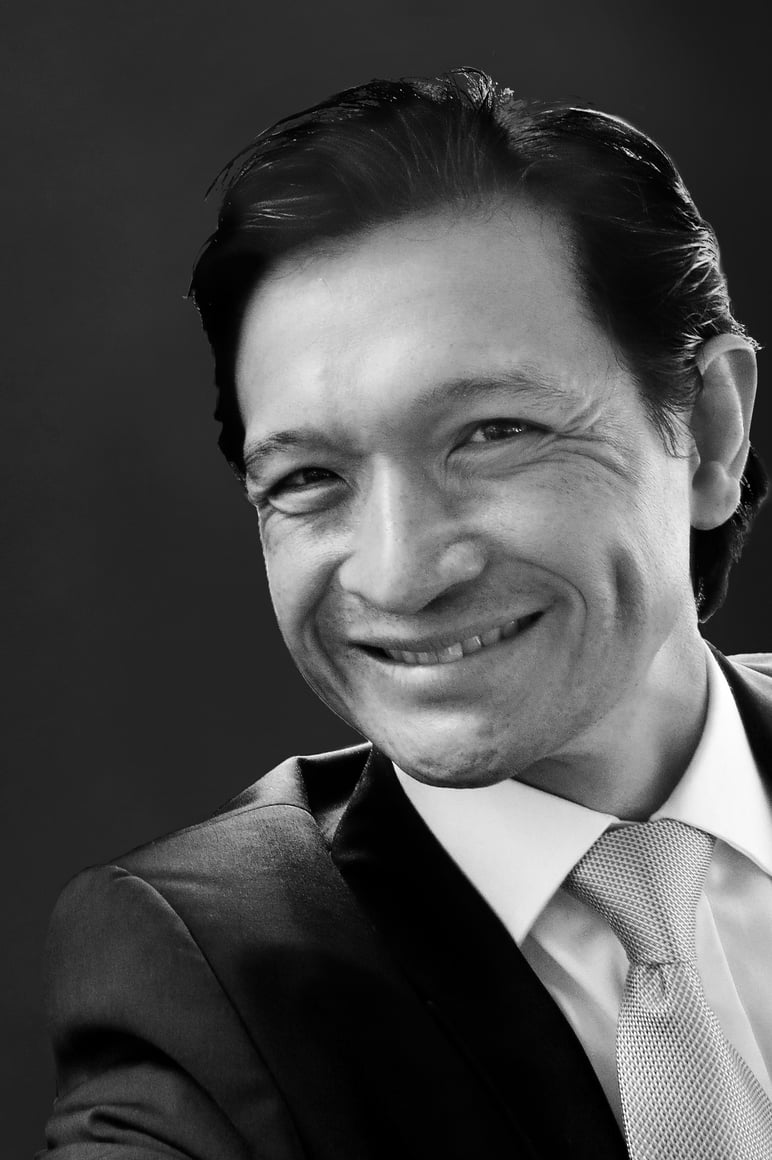
The rule of thirds: New evidence of the Chinese role in Vancouver’s housing market
33 per cent of house buyers in city last year were mainlanders, according to leading firm
There are at least three ways to respond to the influx of mainland Chinese money to Vancouver’s real estate market, depending on your perspective of the phenomenon.
One position is to oppose it on the grounds that it has helped boost housing unaffordability to unacceptable levels: of the 36,973 rich migrants known to have moved to British Columbia under the now-defunct immigrant investor scheme from 2005 to 2012, 30,013 were Chinese.
Yet, if we accept that Chinese money has helped impoverish that generation of Vancouverites now on the wrong end of the housing equation, who are scrimping in order to participate in a sky-high market, then it must be equally true that those who came before them have been enriched as a result of the same high prices.
It’s the latter proposition which bolsters the case of those who hold the second position, that the influx of Chinese wealth has brought benefits to Vancouver too, helping transform it into a truly international city in the process.
Dan Scarrow, vice-president for corporate strategy at Macdonald Realty, said he saw both sides of the argument. “People are inherently suspicious of any sort of change; by its nature there are going to be pockets of the city that benefit and pockets that probably are hurt by it,” he said. “It’s not a uniformly good phenomenon and it’s not a uniformly bad phenomenon.”
Scarrow, whose firm is opening an office in Shanghai in October to market directly to mainland buyers, was behind a study released last week which concluded that 33.5 per cent of all houses sold by Macdonald Realty in the City of Vancouver last year (178 out of the 531) went to buyers with what he called mainland Chinese names.
What’s more, those homes sold for an average of C$2.07 million (HK$14.7 million), compared to the overall average of C$1.44 million, meaning that likely-Chinese buyers represented 48 per cent of the detached housing market in dollar terms.
Scarrow, who speaks fluent Mandarin and whose mother is Taiwanese, went through every Macdonald sale to determine whether the buyers had mainland-style names, winnowing out likely Hong Kong and Taiwanese buyers, as well as those whose names were suggestive enough of a longer-term connection to Canada.
The process, he admitted, was imperfect, but he was confident about the conclusions. “We’re making a substantial financial investment [in the Shanghai office]. If we are wrong about the data then we are going to lose money over there,” he said.
Among the 178 likely-Chinese buyers, few, Scarrow said, likely made their millions in British Columbia.
“There are very few mainland Chinese who have not come in the past 10 years. They haven’t had the chance yet to make their fortunes here in Canada,” he said.
Yet Scarrow was loath to describe Vancouver’s Chinese buyers as “pure investors”. “Our experience is that most of these buyers are Canadian immigrants or citizens,” Scarrow said. Asked how many of the same 178 buyers he thought had no connection to Vancouver, either as migrants, would-be migrants or dual citizens, Scarrow said “none”.
Scarrow said the perception of mainland Chinese as investors or speculators, rather than simply home buyers, came about because they were “easy scapegoats”.
In any case, Scarrow said he saw an ethical trap in trying to arrest the influx of Chinese money, adding that such efforts were likely to be futile, anyway. “If the demand to come to Vancouver is there, they’ll find a way,” he said.
“It’s disingenuous to bury our heads in the sand and say ‘nothing is happening’, because it is happening,” said Scarrow. “But at the same time, I cannot think of a realistic way to stop this [other than] stopping Chinese people from coming here, which in and of itself is the definition of a racist policy.”
The Hongcouver blog is devoted to the hybrid culture of its namesake cities: Hong Kong and Vancouver. All story ideas and comments are welcome. Connect with me by email [email protected] or on Twitter, @ianjamesyoung70.

